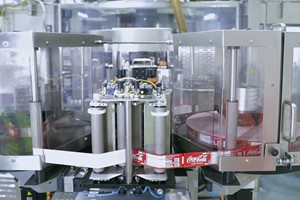In a series of three pioneering trials, a novel traceability protocol is being forged to revolutionize data-enabled agriculture, spearheaded by AgTrace Australia and Food Agility in collaboration with industry stakeholders.
The inaugural trial, led by AgTrace Australia, delved into land management within the red meat sector, showcasing the potential of digital and data-driven assurance for traceability. This trial illuminated the possibilities of harnessing technology to enhance transparency and accountability across the supply chain.
Central to this initiative is the development of the Australian Agricultural Traceability Protocol (AATP), aimed at fostering greater transparency in data sharing throughout the supply chain. The protocol seeks to bolster the accuracy, verifiability, and confidence in environmental, social, and governance reporting and accreditation.
A primary objective of this endeavor is to empower farmers as custodians of the land and rightful owners of data, enabling them to securely capture, reuse, and share information across the supply chain in a manner that is both efficient and cost-effective.
Matt Koval, Deputy Secretary of the Department of Agriculture, Fisheries and Forestry, lauded the success of the protocol's implementation in the red meat sector. Looking ahead to the forthcoming trials focusing on horticulture and grains, Koval expressed anticipation for further advancements.
AgTrace Australia is committed to developing a scalable and cost-effective solution that demonstrates environmental sustainability from "paddock to plate." The adaptability and scalability of the Australian Agricultural Traceability Protocol are highlighted as key strengths, making it conducive to expansion and integration into existing systems.
Crucially, the protocol emphasizes permission-based data sharing, granting users sovereignty over their data and the discretion to determine the extent of information shared. This approach not only mitigates the risk of greenwashing but also ensures transparency and accountability throughout the supply chain.
While the success of the initial trial is promising, it serves as a proof of concept, indicating the potential of a standardized traceability protocol. However, it is acknowledged that further refinement and collaboration are necessary to fully realize its benefits.
food-processing.com














